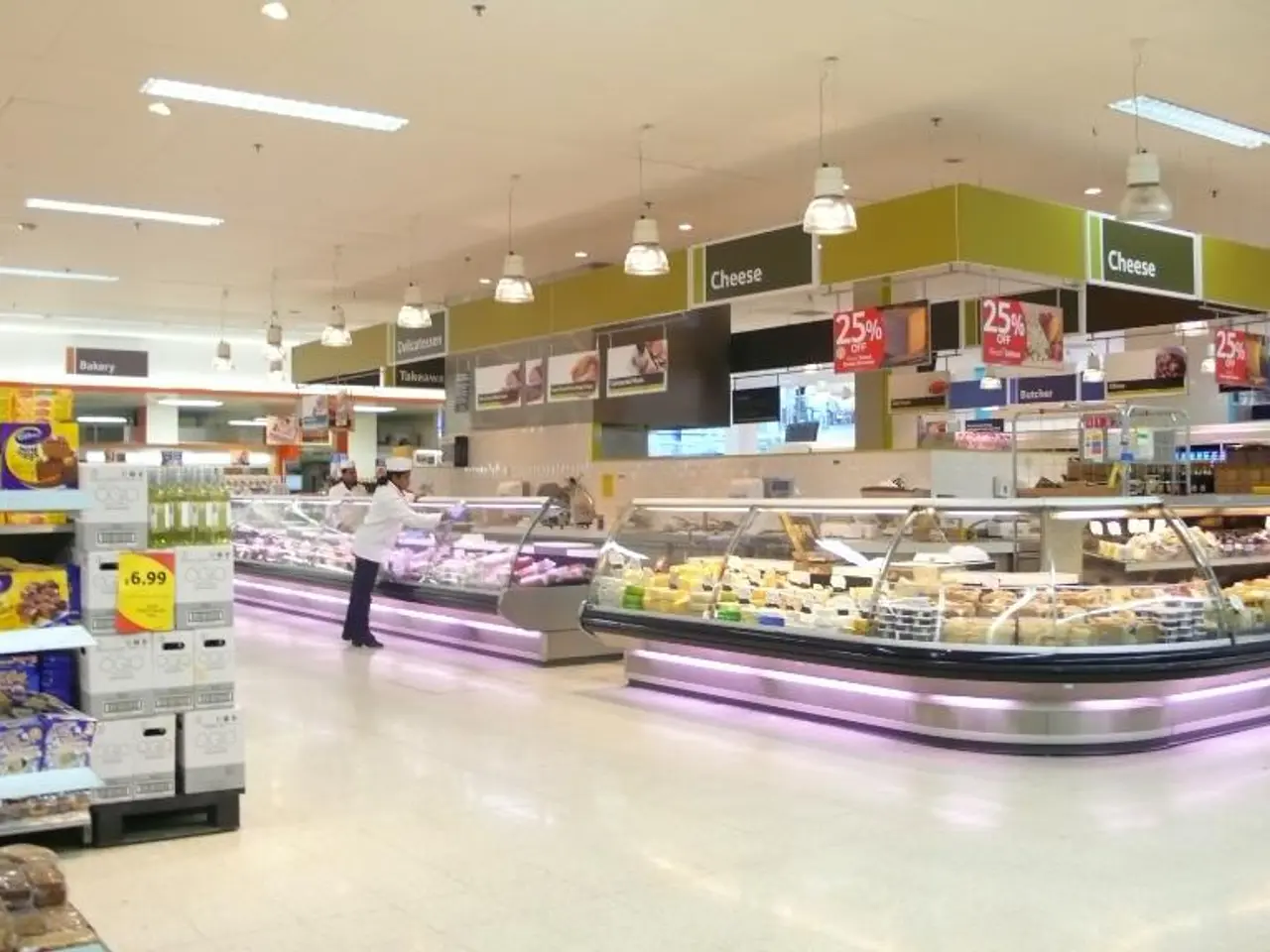Ancient bakery, established 200 years ago, permanently shuts down operations
================================================================================
In the heart of the baking industry, small bakeries are grappling with a complex array of challenges that threaten their viability. From rising costs and labor shortages to shifting consumer preferences and regulatory pressures, these factors are causing business difficulties and closures.
One of the most pressing issues is the increase in costs for key inputs such as ingredients, packaging, energy, and wages. According to industry reports, about 70% of bakers anticipate further cost increases by the end of 2025, although this concern has slightly eased compared to previous years when 90% expected cost hikes. Ingredient and packaging costs remain a particular burden.
Labor shortages are another significant challenge, with around one-third of baking companies reporting negative effects on production due to ongoing labor issues. To attract and retain workers, nearly half have adjusted hiring criteria, and 40% have increased wages substantially.
Regulatory and tariff uncertainty also pose a challenge, with increased scrutiny from government bodies on ingredient standards, labeling, nutrition, and tariffs complicating supply chains and compliance. This adds operational complexity and potential cost.
Consumers are demanding healthier products without compromising taste, pushing bakeries to adapt recipes and ingredients. There is also growing emphasis on sustainability, transparency, and ethical sourcing, with consumers increasingly skeptical of vague environmental claims—seeking concrete proof of sustainable practices. This trend requires bakeries to innovate while managing costs.
Supply chain issues remain a concern, particularly around ingredient availability and costs. Although these difficulties have eased somewhat since 2022, challenges persist.
These combined pressures particularly strain small bakeries that operate on thin margins and limited scale. Increased operational costs and labor challenges reduce profitability, sometimes forcing closures or limiting growth. Consumer demand changes require small bakeries to invest in product innovation and compliance, which can be difficult without sufficient capital or access to resources available to larger competitors.
Despite some baking businesses continuing to expand by investing in new markets and infrastructure, many small operations face a precarious environment where cost pressures, labor shortages, and regulatory demands can lead to reduced viability and closure risks.
The closing of a family-owned bakery, Bakery Grote, after 193 years of operation is a sign of these industry-wide challenges. High energy prices and increased raw material costs are cited as reasons for the closure. Customers have until the end of September to purchase baked goods and redeem gift cards.
Experts predict further closures in 2025, as the baking industry continues to navigate this complex climate of cost inflation, workforce challenges, evolving consumer expectations, and regulatory complexities. The entire industry is in flux, with supermarkets contributing to the increasing competition.
The Food, Beverages, and Catering Union (NGG) notes that the industry is in a state of transition. The Central Association of German Bakers, however, points to positive developments such as more new foundations and an increase in the number of trainees. Yet, staff costs remain a significant challenge for many businesses in the baking industry.
As the industry adapts to these challenges, it is clear that small bakeries will need to find innovative solutions to remain competitive and sustainable in the face of these industry-wide pressures.
References:
[1] Central Association of German Bakers (2025). Annual Report. Retrieved from https://www.backereien.de/downloads/jahresbericht-2025.pdf
[2] Food, Beverages, and Catering Union (NGG) (2025). Industry Trends Report. Retrieved from https://www.ngg.de/downloads/trendbericht-2025.pdf
[3] The Guardian (2025). Small Bakeries Struggle to Keep Up with Healthier, Sustainable Trends. Retrieved from https://www.theguardian.com/business/2025/mar/01/small-bakeries-struggle-to-keep-up-with-healthier-sustainable-trends
[4] The Wall Street Journal (2025). Supply Chain Issues Persist for the Baking Industry. Retrieved from https://www.wsj.com/articles/supply-chain-issues-persist-for-the-baking-industry-11677041201
- In the face of escalating costs for ingredients, packaging, energy, and wages, as well as labor shortages, regulatory pressures, and shifting consumer preferences, small bakeries need to innovate in their energy financing, lifestyle adaptations, food-and-drink product offerings, and sustainable business practices in order to remain competitive.
- With increased costs and operational complexity due to factors such as ingredient and packaging expenses, labor shortages, regulatory uncertainties, consumer demand for healthier and more sustainable products, and supply chain issues, small bakeries are seeking alternative financing solutions to manage costs, retain employees, and invest in product innovation while staying afloat in the competitive food-and-drink industry.




